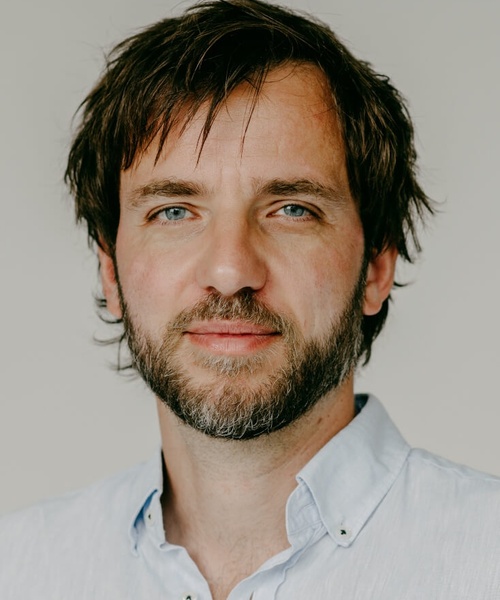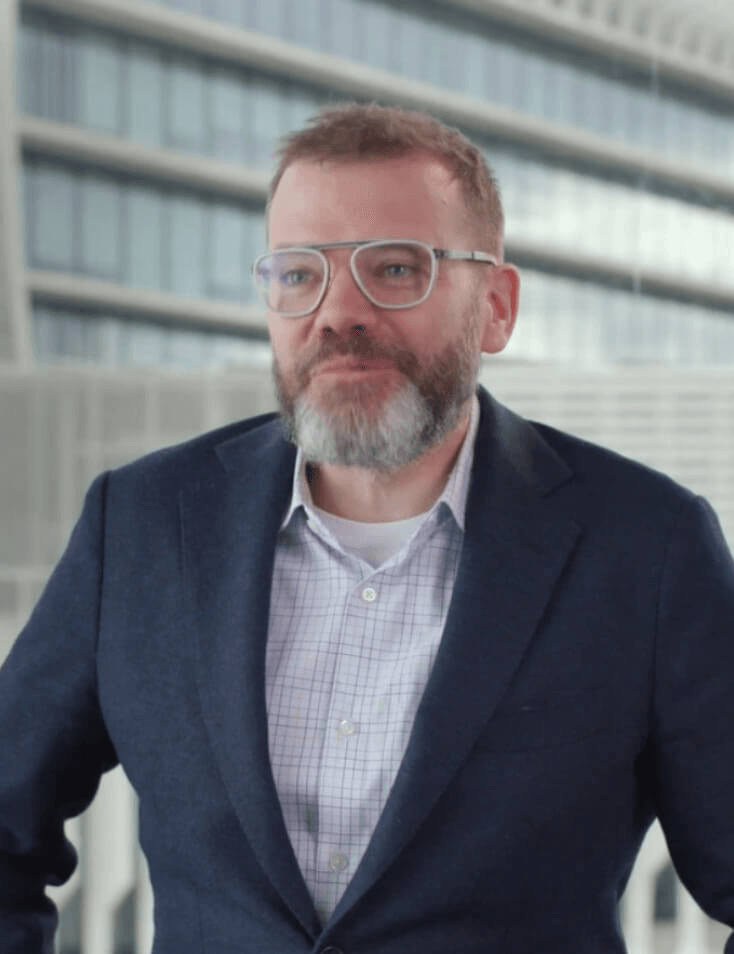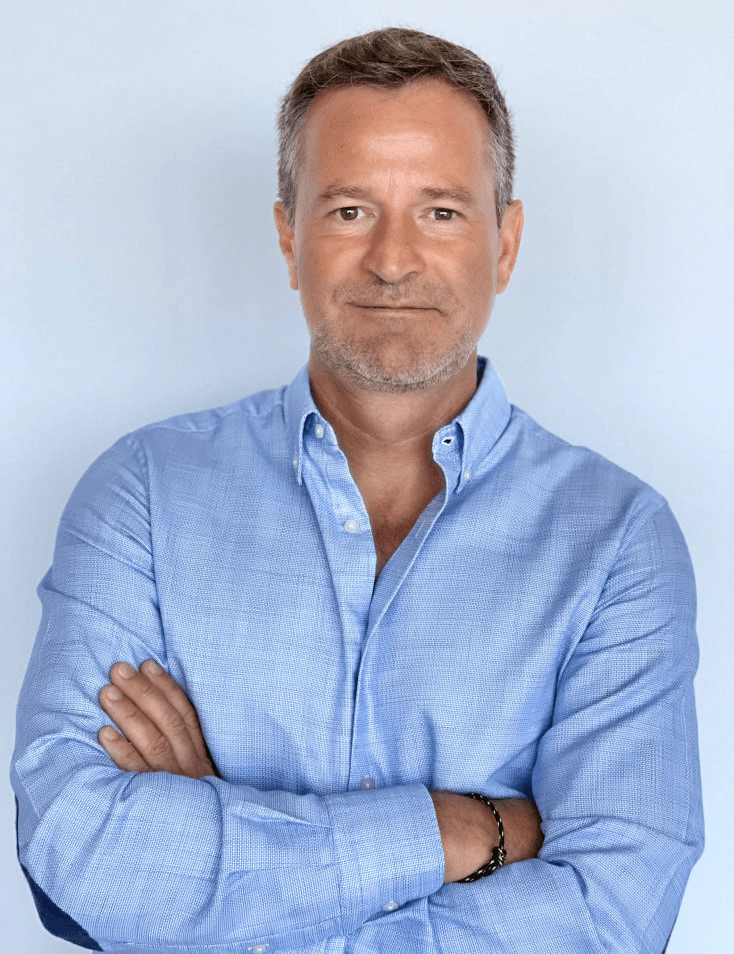
Michael Becher
My name is Michael Becher and I’m from Germany, but I spent several years living in the United States. For my undergraduate degree, I studied economics and political science at the University of Mannheim and Johns Hopkins University. Later, I earned my PhD in politics at Princeton University. Prior to joining IE University, I worked at the University of Konstanz and the Institute for Advanced Study in Toulouse. To explore issues surrounding democracy, I draw on game theory, behavioral data, experiments and history.
Image: Ines Janas
“IE University offers an exceptional environment to teach and do research—it has an inspiring and diverse student body from all around the world, which brings a rich set of experiences and perspectives to the classroom.”
Strengthening democracy through data and statistics
Michael Becher understands the power and utility of data, and the opportunities it provides in both analyzing societal issues and building tools to address them. So as an assistant professor in political science at IE School of Global & Public Affairs, he encourages his students to see those possibilities in his courses on democracy, political economy, and statistics and data analytics.
The complexities of democracy fascinate Michael, who describes his work as sitting in the fields of comparative politics and political economy. He professes a particular interest in how democracy works, and how it can be made to work better in the face of what he calls the “profound challenges” of economic inequality, political polarization and crises like the COVID-19 pandemic.
Such complex problems, he says, require a multidisciplinary approach in order to solve them. This aligns perfectly with IE University’s teaching methodology, and it’s how Michael imparts his knowledge about governments and international organizations; he applies game theory, behavioral data, experiments and history in his classes. But whichever of his particular courses he’s teaching, the importance of data plays a central role. And, with the ongoing digital revolution characterized by exponential technological growth, another of his teaching objectives is motivating students to embrace statistics.
Learning how to analyze data and statistics is, he says, an invaluable skill applicable across every economic sector. In his opinion, this doesn’t mean forfeiting your career goals to focus on these areas. Instead, he encourages students to incorporate new insights and methods where needed.
“Many of the most pressing problems faced by democracies in the twenty-first century are best studied from a multidisciplinary perspective.”
At the same time, Michael realizes that applying data and statistics to influence policy also requires a theoretical understanding of human behavior. When data, statistics and the human factor are applied effectively, though, he contends that these tools can improve decision-making processes for firms, governments and social actors.
He’s certainly well-placed to make that contention; his expertise has seen his research published in prominent academic publications including the American Journal of Political Science, American Political Science Review, British Journal of Political Science and Journal of Politics.
He has also collaborated prominently in original research with leading experts. A report on “Electoral Reform and Trade-Offs in Representation” was produced with IE University colleague Irene Menéndez González, for example. Michael also worked with Daniel Stegmueller from Duke University on research that was covered by the Washington Post. In an example of the value of data demonstrated in his teaching, this work utilized detailed survey data to assess the degree of political inequality in the US Congress.
Another study saw Michael partner with Sylvain Brouard from Sciences Po in Paris in survey-based experiments that examined how voters evaluate government leaders.
When Michael isn’t in the classroom or writing influential political science reports, he stays busy as the father of two children. In his free time, he enjoys exercise, particularly running. Indeed, after recovering from some injuries, he’s now preparing for a marathon in Madrid, a city in which he says he loves living and being part of the IE University community. It’s a community he calls “inspiring and diverse,” one that brings a “rich set of experiences and perspectives to the classroom.” We couldn’t agree more.
“IE University offers an exceptional environment to teach and do research—it has an inspiring and diverse student body from all around the world, which brings a rich set of experiences and perspectives to the classroom.”

